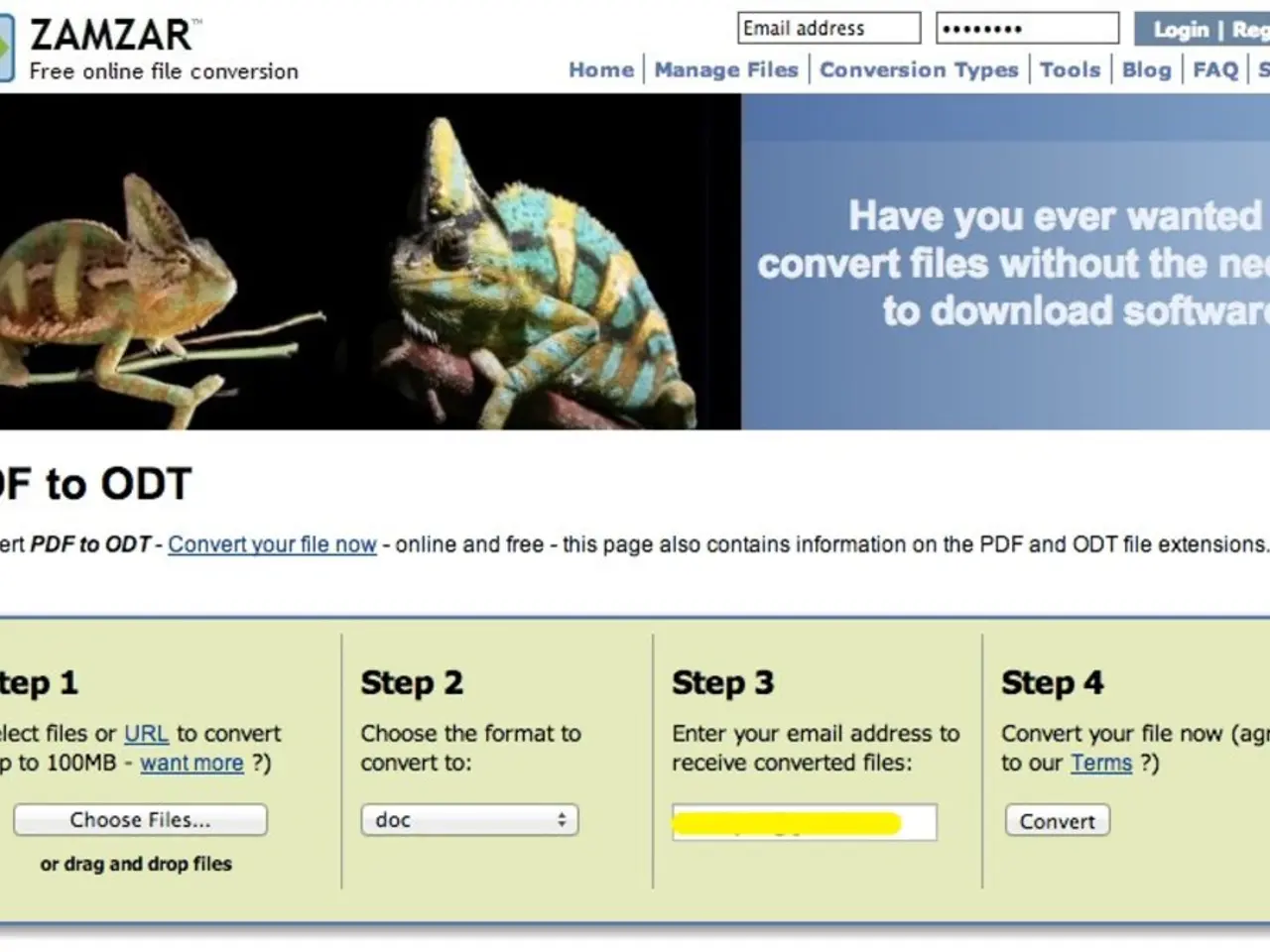Government urged to establish a National Anti-Fraud Centre, as per the recommendation by Innovate Finance.
In a recent push to strengthen the UK's anti-fraud measures, Innovate Finance, the CEO of which is Janine Hirt, has proposed the establishment of a National Anti-Fraud Centre (NAFC). This planned initiative aims to consolidate the nation's efforts to better combat fraud by 2028.
The NAFC is envisioned as a centralized hub that brings together private sector, government, and law enforcement expertise to proactively detect, prevent, and respond to financial crime and fraud across the country. The centre will act as a centralized coordinating body, unifying various strands of anti-fraud efforts.
The proposed centre will leverage innovative technology and data analytics to identify fraudulent behaviors and emerging threats more quickly. It will also facilitate better information sharing across regulators, enforcement bodies, and businesses, aiming to reduce financial crime and fraud losses significantly by 2028, protecting SMEs and consumers.
The government's focus on this initiative is evident in its commitment to enhancing collaboration between regulators and law enforcement agencies, using new technologies and data-sharing platforms, and supporting innovative firms and technologies that help to scale fraud prevention solutions. The strategy also aims to create a "world-beating" UK anti-fraud tech industry, creating jobs and growth, and exporting solutions.
Luke Charters, MP for York Outer, supports this coordinated, cross-sector response to counter fraud. He believes that a national anti-fraud centre could unite insights, intelligence, and expertise from across industries. However, it's important to note that the strategy does not repeat the aim of halving fraud in the UK by 2028 or the intention of the National Anti Fraud Centre to enable real-time cross-sector data sharing.
Innovate Finance has also called for shared liability for social media and telecommunications firms, a proposal not directly mentioned in the government's strategy. The centre is intended to enable real-time threat detection and disruption against fraudsters, a feature that could potentially address the current issue where fraud accounts for more than 40% of crime but receives less than 1% of police resources.
The strategy also proposes the amendment of the Online Safety Act 2023 to introduce a reporting framework, a fraud origination redress fund, a distribution mechanism, and a dispute resolution process. This is in response to the fact that currently, digital social platforms are the single largest source of fraud origination.
In conclusion, the National Anti-Fraud Centre proposed by Innovate Finance aims to harness innovation, collaboration, and technology to build a comprehensive, unified anti-fraud infrastructure across the UK, targeting a measurable reduction in fraud by 2028. The centre will emphasize strategic regulatory cooperation and cutting-edge tech deployment to outpace evolving criminal methods. Innovate Finance also wants the centre to be funded without adding pressure to the public purse.
- Janine Hirt, the CEO of Innovate Finance, has proposed the establishment of a National Anti-Fraud Centre (NAFC) with the aim of better combating financial fraud in the UK by 2028.
- The NAFC will act as a central hub, bringing together private sector, government, and law enforcement expertise to detect, prevent, and respond to financial crime and fraud.
- The centre will leverage technology and data analytics to more rapidly identify fraudulent behaviors and emerging threats, and facilitate better information sharing among regulators, enforcement bodies, and businesses.
- The UK government is committed to enhancing collaboration between regulators and law enforcement agencies, using new technologies and data-sharing platforms to address financial fraud.
- The proposed centre aims to create a "world-beating" UK anti-fraud tech industry, creating jobs and growth, and exporting solutions on a global scale.
- Innovate Finance has proposed shared liability for social media and telecommunications firms, a proposal not included in the government's strategy, to address the current issue where fraud accounts for over 40% of crime but receives less than 1% of police resources.
- The strategy also proposes amendments to the Online Safety Act 2023 to introduce a reporting framework, fraud origination redress fund, a distribution mechanism, and a dispute resolution process to mitigate fraud origination from digital social platforms.




